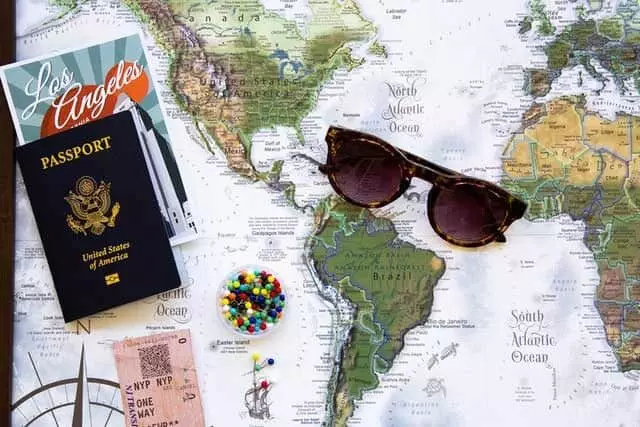Table of Contents
Traveling is never an easy task. It requires a lot of planning and preparation. But when traveling with a medical condition, things may get even more complicated than usual. There is no reason why someone with a medical condition should not enjoy a relaxing holiday with family and friends, but extra measures of precaution should be taken to ensure that a laid-back holiday won’t turn into a travel disaster.
Speak with your doctor first
The most important thing anyone with a medical condition can do before booking a holiday to their dream destination is to consult their doctor first. Tell them where you want to go, how long and where you would be staying, and who is coming with you. Based on your condition, your doctor will know if traveling to that particular destination is safe enough for you. They will also be able to advise you on what you should look out for health-wise, what to avoid, whether it is safe for you to fly, and what additional medication you should take with you. If your doctor advises you against going to that particular destination, ask them where they would recommend you go instead.

Pick a suitable destination
Always keep your condition in mind when planning a holiday. Travelling is supposed to relax you and benefit your health, but if the conditions are not suitable for your medical needs, then you are better off picking a different location. For instance, if you suffer from a heart condition, a hot and humid climate can worsen your symptoms and be exhausting. Meals, activity level, and downtime also have to be factored into managing symptoms. Also, think about how far from the nearest hospital your accommodation would be. Ideally, it should not be further than six miles away, as most medical conditions see a higher survival rate when help is available at this distance. Also, think about wheel-chair accessibility, if needed, and available holiday activities suitable for someone with your condition.
Carry more medication and supplies than you may need
To be on the safe side, always bring more medication and personal supplies than you need. You never know what may come up. Medical supplies and medication may be more difficult to obtain abroad, and they can be more expensive, so always bring extra as a precaution. For instance, certain medications may go under a different name or may need a prescription. Keep all your supplies in the original labeled packaging in your carry-on, since it’s not uncommon for prescription medication to be stolen from checked bags.

Research your accommodation for medical equipment
For example, not all airlines have the same guidelines on what oxygen tank is allowed on board. Your tank may be perfectly acceptable for one airline, but not for another. Also, make sure that you have your medical needs met once you arrive at your destination. If you have renal issues and require dialysis, there are websites that book your holiday dialysis for you, so that you don’t have to worry about dialysis treatment abroad, since not all countries share the same requirements for booking a dialysis appointment.
Carry all your medical information
Carry your medical records, your doctor’s contact information, and all your prescriptions with you on a flash drive. It’s also important to bring prescription copies for all medications. Finally, a medical alert bracelet can help paramedics diagnose the problem faster during an emergency or if the person is alone.

Book your holiday with a specialized travel agency
Consider booking with a travel agency that specializes in making trips for people with your condition. They will not only make planning much easier, but they will also make it possible for you to experience more than you ever thought you could, all the while accommodating your medical needs.
Consider an all-inclusive resort
All-inclusive resorts are another great option for travelers with medical conditions and disabilities. They usually have the means to cover all additional requirements and have a wide range of organized activities that suit all walks of life. Remember, traveling is supposed to benefit your health, not worsen it by being stressful. The hotels usually have a personal doctor available in case of an emergency. You won’t have to worry about food and drinks being safe, and you may even request a special diet if your condition requires it.

Make sure your travel insurance covers medical costs
Sometimes travel insurance does not cover medical costs, only financial losses. Be sure that the insurance covers all your medical needs, including medical evacuation and specialized appointments. Also, make sure that you know the generic name of your prescribed medication since not all countries have the same names for certain drugs.
Summing up
Traveling with a medical condition requires you to be more responsible than you normally would be. You have to think about a lot of factors in advance and be prepared for anything. Luckily, if you follow our advice, you will likely have no problems on your trip. Just consult with your doctor first, and be wise about what you need to bring with you. Also, be realistic about your capabilities – you should come back from the holiday relaxed, not fatigued.


